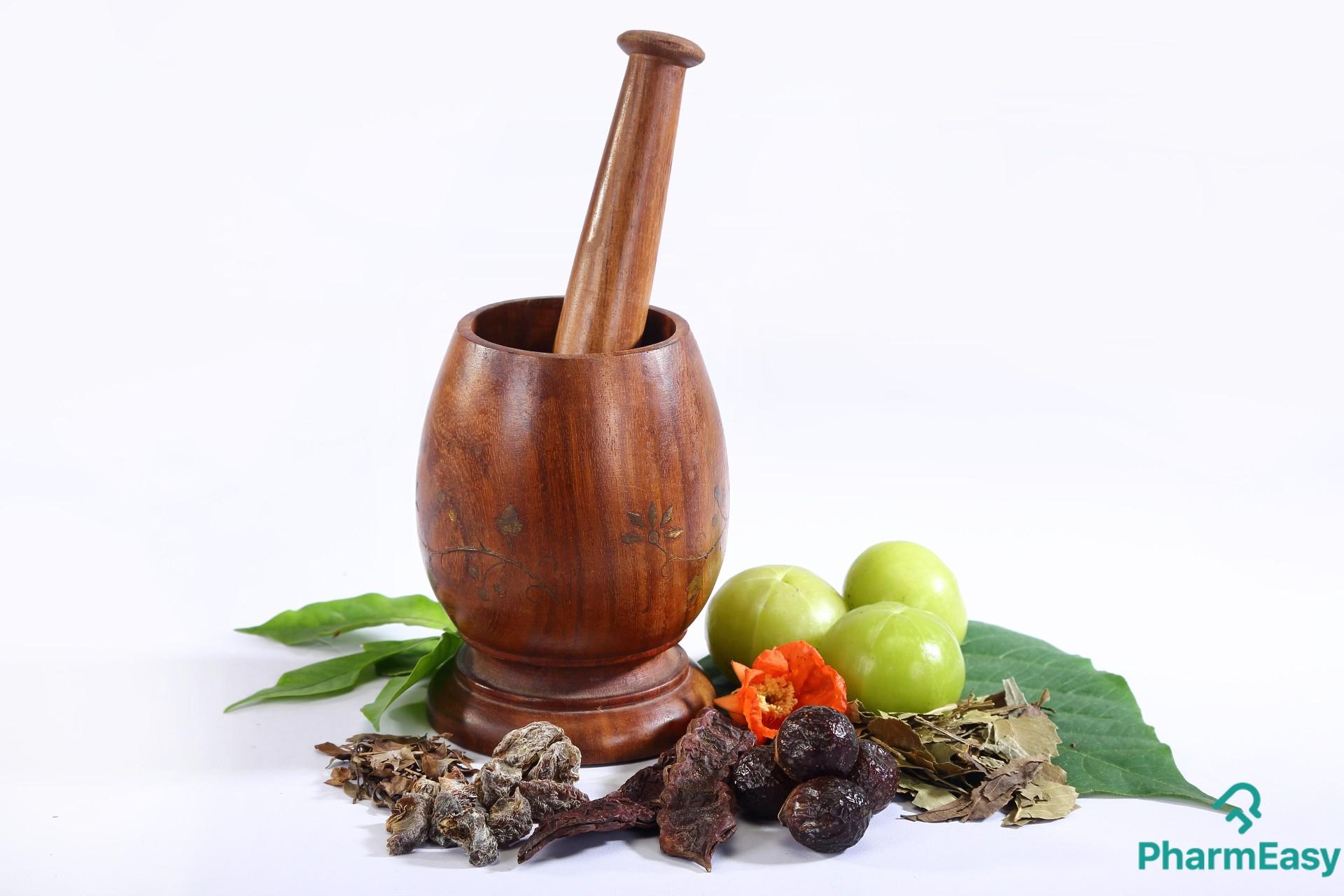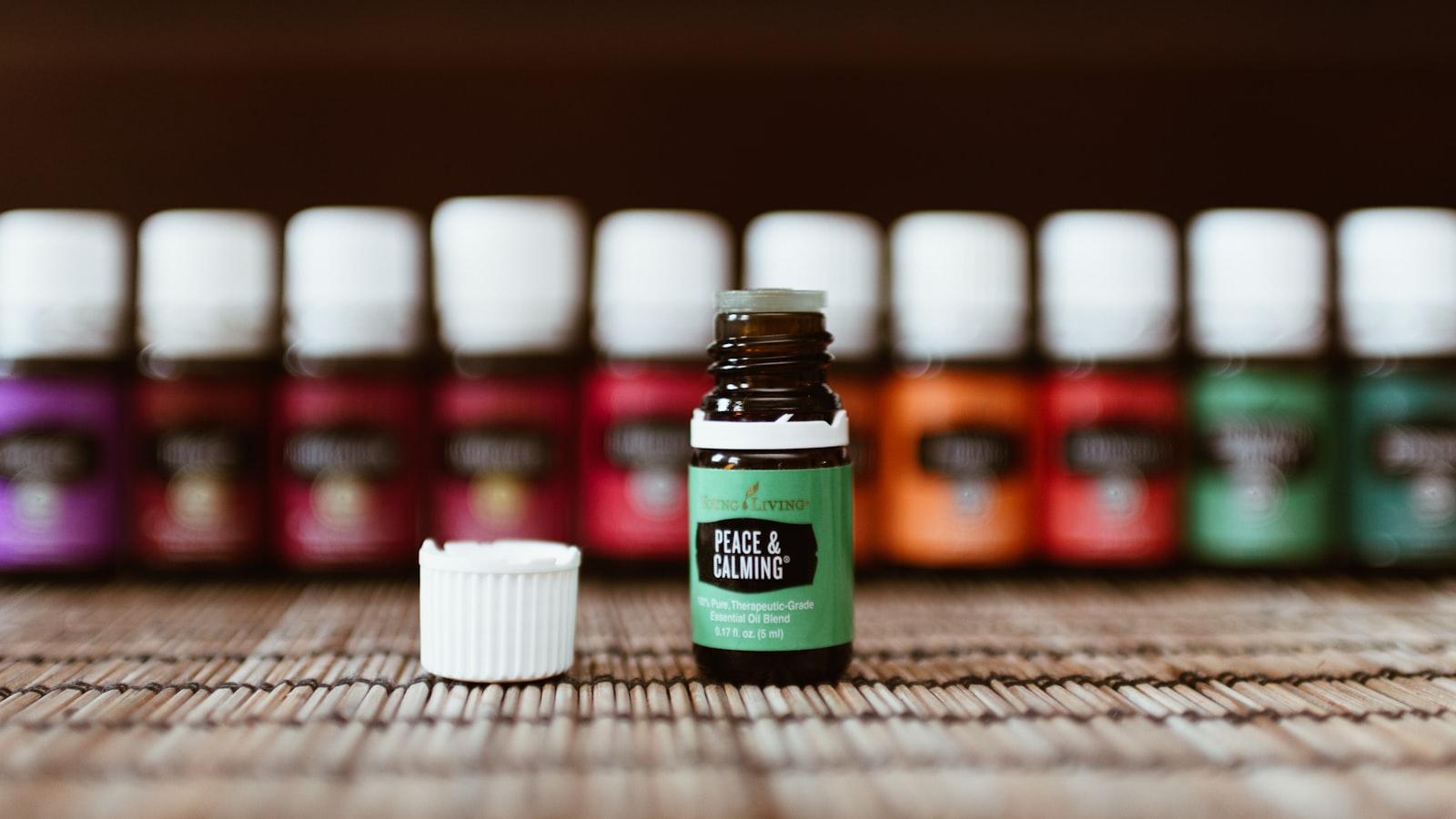In the world of wellness, where a multitude of detox programs and trendy cleanse diets clash, one ancient practice has managed to endure the test of time: Ayurveda. With roots dating back over 5,000 years, this holistic Indian system of medicine embraces a unique and profound approach to detoxification. Stepping away from the flashy and temporary fixes, Ayurveda offers a timeless perspective on purifying the body, mind, and soul. So, if you’re seeking a detox experience that transcends fads and taps into the wisdom of generations, join us as we unravel the secrets of “The Ayurvedic Approach to Detoxification” – a journey towards lasting harmony and revitalization.
Understanding the Ayurvedic Perspective on Detoxification
Detoxification, known as Panchakarma in Ayurveda, is a cornerstone of this ancient Indian healing system. Ayurveda, which translates to ’the science of life,’ emphasizes a holistic approach to wellness, with detoxification playing a vital role in achieving optimal health. In Ayurvedic philosophy, detoxification aims to balance the doshas, or energies, within the body, promoting physical, mental, and spiritual well-being.
From an Ayurvedic perspective, detoxification involves gently eliminating accumulated toxins, or ama, from the body. These toxins, derived from poor dietary choices, environmental pollutants, and emotional stress, can disrupt the body’s natural functions and manifest as various physical and mental ailments. The Ayurvedic approach to detoxification focuses on purifying and rejuvenating the body, not only by removing ama but also by strengthening the digestive fire, or agni, which helps maintain overall vitality.
- Customized Approaches: Ayurveda acknowledges that each individual is unique, and therefore, detoxification techniques are tailored to a person’s specific constitution and imbalances. This personalized approach ensures effective and safe cleansing.
- Herbal Support: Ayurvedic detoxification employs a wide range of potent herbs and medicinal plants to aid in the elimination of toxins. These herbal preparations help stimulate digestion, support liver function, and promote the natural detoxification channels of the body.
- Five Elements of Detoxification: Ayurveda recognizes five main techniques for detoxification: Vamana (therapeutic emesis), Virechana (purgation), Basti (enema), Nasya (nasal administration), and Raktamokshana (bloodletting). These therapies, when performed under the guidance of an experienced Ayurvedic practitioner, enhance the detoxification process.
| Ayurvedic Detoxification Principles | Benefits |
|---|---|
| Gentle yet effective elimination of toxins | Restored energy and vitality |
| Improved digestion and metabolism | Enhanced mental clarity |
| Balanced doshas and improved overall health | Stress reduction and emotional well-being |
Ayurveda views detoxification as a means to restore balance and promote long-lasting health. Through its personalized approaches, herbal support, and specialized techniques, Ayurvedic detoxification offers a comprehensive method for cleansing the body and rejuvenating the mind.

Key Principles and Practices of Ayurvedic Detoxification
Ayurveda, the ancient Indian system of medicine, offers a holistic approach to detoxification that focuses on restoring balance and promoting overall well-being. By understanding the , you can embark on a journey of cleansing and rejuvenation.
One fundamental principle of Ayurvedic detoxification is the belief that “like increases like.” This means that if you are experiencing an imbalance or toxicity in your body, it is best to avoid or minimize activities, foods, and substances that exacerbate these imbalances. Instead, embrace practices that promote balance, such as:
- Abhyanga: The practice of self-massage with warmed herbal oils to enhance circulation, lymphatic drainage, and elimination of toxins.
- Panchakarma: A comprehensive cleansing and rejuvenation program that involves various therapies, including oil massages, herbal enemas, and nasal administrations.
- Pranayama: Breathing exercises that help remove toxins, improve lung function, and calm the mind.
In addition to these practices, Ayurveda emphasizes the importance of incorporating specific dietary guidelines during detoxification. These guidelines include:
- Eating freshly cooked, warm, and easily digestible foods: This allows your digestive system to efficiently process nutrients and eliminate waste.
- Choosing organic, seasonal, and locally sourced ingredients: These foods are believed to contain higher prana (life force) and fewer toxins.
- Favoring cleansing herbs and spices: Turmeric, ginger, coriander, and cumin are commonly used to support detoxification.
Ayurvedic detoxification is a gentle yet powerful process that helps remove accumulated toxins, boost vitality, and restore harmony within the body. By embracing these key principles and practices, you can embark on a transformative journey towards optimal health and well-being.
Effective Ayurvedic Techniques for Cleansing and Purification
Ayurveda, an ancient Indian system of medicine, believes in the power of cleansing and purification for optimal health and well-being. Through a combination of herbal remedies, dietary changes, and lifestyle practices, Ayurveda offers effective techniques for detoxification and rejuvenation. Here are some key Ayurvedic methods for cleansing the body and mind:
- Abhyanga: This self-massage technique involves using warm oil to stimulate the lymphatic system, release toxins, and promote relaxation.
- Panchakarma: A deep cleansing process that includes five purification therapies, panchakarma helps remove deeply ingrained toxins from the body and is often recommended for chronic health issues.
- Herbal Remedies: Ayurveda utilizes a wide range of herbs and herbal formulations to support detoxification, such as triphala, a gentle yet powerful herbal blend that promotes healthy digestion and elimination.
- Daily Detox Rituals: Simple practices like drinking warm water with lemon in the morning, practicing yoga and pranayama, and incorporating detoxifying foods like turmeric, ginger, and coriander into meals can help enhance the body’s natural detoxification processes.
Ayurveda emphasizes the importance of cleansing not only the physical body but also the mind and emotions. Here are some Ayurvedic techniques for mental and emotional purification:
- Pranayama: Controlled breathing exercises help release emotional stress and toxins from the respiratory system, promoting mental clarity and relaxation.
- Meditation: Taking time each day to quiet the mind and cultivate present-moment awareness can support emotional detoxification and promote a sense of inner peace.
- Aromatherapy: Using essential oils like lavender, frankincense, and sandalwood can enhance relaxation, uplift the mood, and help release emotional blockages.
- Journaling: Writing down thoughts and feelings can be a cathartic practice for emotional cleansing, allowing for reflection and release.

Balancing Doshas: Tailored Ayurvedic Recommendations for Detoxification
Ayurvedic Recommendations for Detoxification
When it comes to detoxification, Ayurveda offers a personalized approach based on the understanding of individual body types and doshas. By identifying the dominant dosha(s) within you, it becomes possible to tailor detoxification practices specifically to your unique body constitution and imbalances.
In Ayurveda, there are three doshas: Vata (air and ether), Pitta (fire and water), and Kapha (water and earth). Each dosha governs different physical and mental aspects of our being. For a successful detoxification journey, it is essential to bring all three doshas back into balance. This can be achieved through dietary and lifestyle modifications, as well as specific herbs and therapies.
Recommended Detoxification Practices for Vata Dosha:
- Follow a regular routine
- Avoid raw or cold foods
- Consume warm, cooked meals
- Practice gentle yoga or tai chi
- Engage in self-massage with warm oils
- Use grounding essential oils such as sandalwood or patchouli
Recommended Detoxification Practices for Pitta Dosha:
- Avoid spicy and acidic foods
- Opt for cooling and soothing foods
- Engage in moderate-intensity exercises like swimming
- Practice meditation and relaxation techniques
- Use cooling essential oils like lavender or mint
- Enjoy herbal teas with calming properties
Recommended Detoxification Practices for Kapha Dosha:
- Avoid heavy and oily foods
- Incorporate light, warm, and spicy foods into your diet
- Engage in vigorous physical activities such as dancing or aerobics
- Practice deep breathing exercises
- Use invigorating essential oils like citrus or eucalyptus
- Drink herbal teas with detoxifying properties, such as ginger or dandelion
| Ayurvedic Herb | Benefits |
|---|---|
| Triphala | Aids digestion and cleanses the colon |
| Turmeric | Anti-inflammatory and liver detoxification properties |
| Neem | Purifies blood and supports liver health |
| Guggul | Reduces cholesterol levels and promotes weight loss |
Additionally, incorporating Ayurvedic herbs into your detoxification journey can enhance the cleansing process. Some commonly used herbs include:
To Wrap It Up
As we conclude our journey into the Ayurvedic approach to detoxification, let us take a moment to reflect on the wisdom and beauty encompassed within this ancient practice. Embarking on this path, we have delved beyond the surface and embraced a holistic understanding of the body, mind, and spirit.
In our pursuit of balance, Ayurveda teaches us that true detoxification extends far beyond mere physical purification. It resonates deep within, fostering a sense of tranquility, renewing our inner vitality, and revitalizing our every cell. It is not merely about shedding toxins from our physical form but liberating ourselves from the burdens of daily life.
Through the practice of Ayurvedic detoxification, we have discovered the art of mindful living. We have embraced the healing power of herbs and oils, nurturing our bodies with their gentle touch. We have awakened our senses, savoring the harmonious melodies of nature and allowing our souls to dance to its rhythm.
This ancient tradition emphasizes the importance of individuality, recognizing that what enriches one may not suit the other. As we bid farewell to this exploration of Ayurveda, we leave behind all preconceived notions and embark on a personalized journey of self-discovery. Ayurveda beckons us to take ownership of our well-being, empowering us to make conscious choices that align with our unique constitution.
Stepping back into the world, armed with the knowledge and wisdom we have acquired, we stand taller, more connected, and in tune with our inner rhythms. Armed with the Ayurvedic approach to detoxification, we are now equipped with the tools to sustain vibrant health, foster resilience, and embrace life’s ever-changing tapestry.
As we walk away, let us not forget the invaluable teachings of Ayurveda, for they transcend time and space. In every moment, amidst the chaos and uncertainty, we can find solace in the rhythms of this ancient practice – a symphony of balance, harmony, and self-care.
May this knowledge guide us towards a blissful existence, where detoxification becomes not just a seasonal ritual but a way of life – a conscious choice to nurture our bodies, minds, and spirits. Let us find beauty, peace, and serenity within, for that is the Ayurvedic way.


